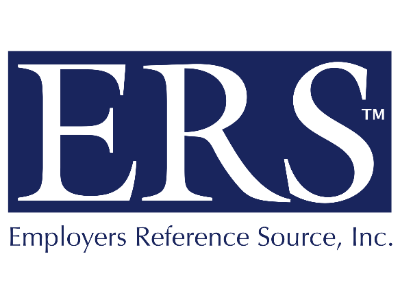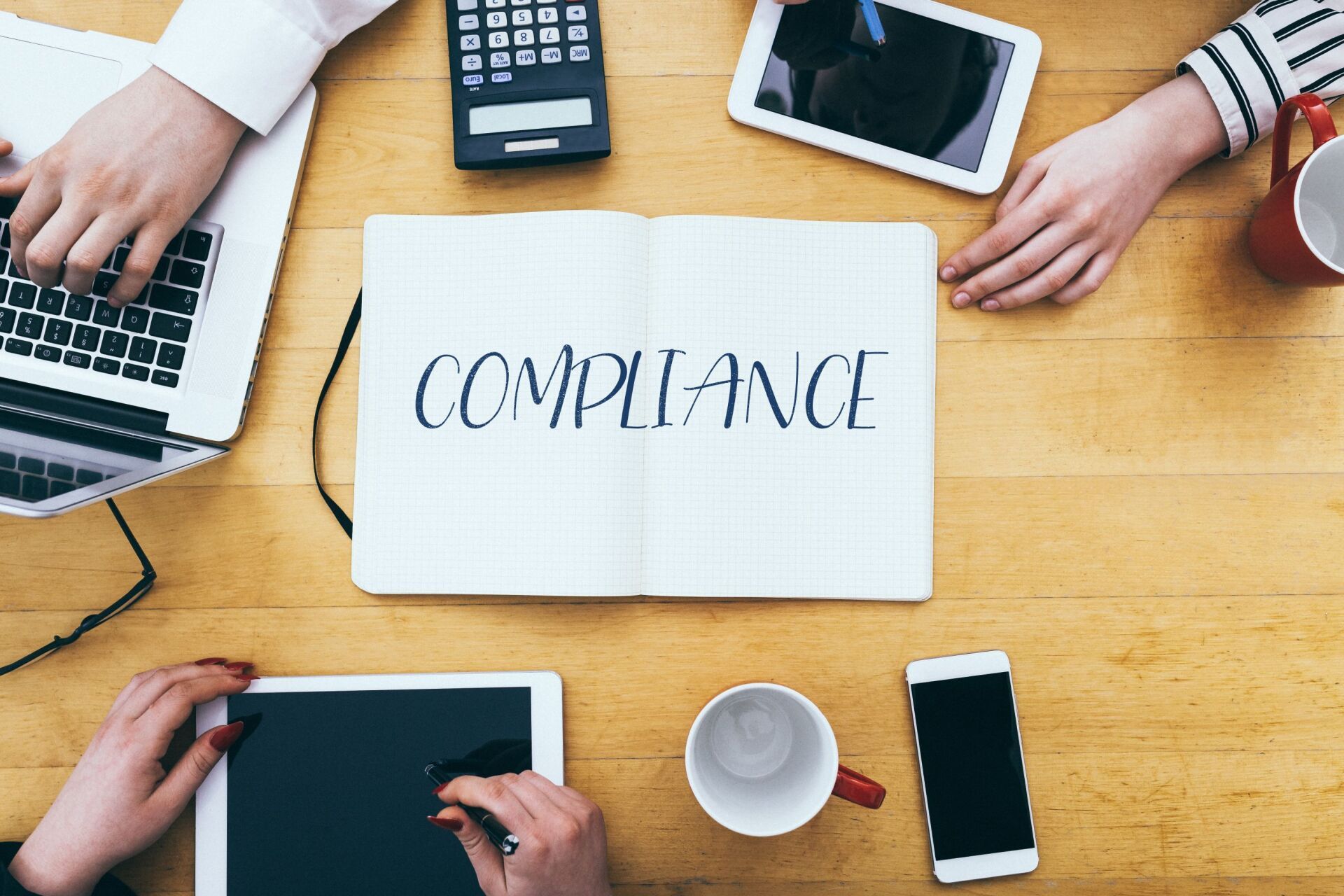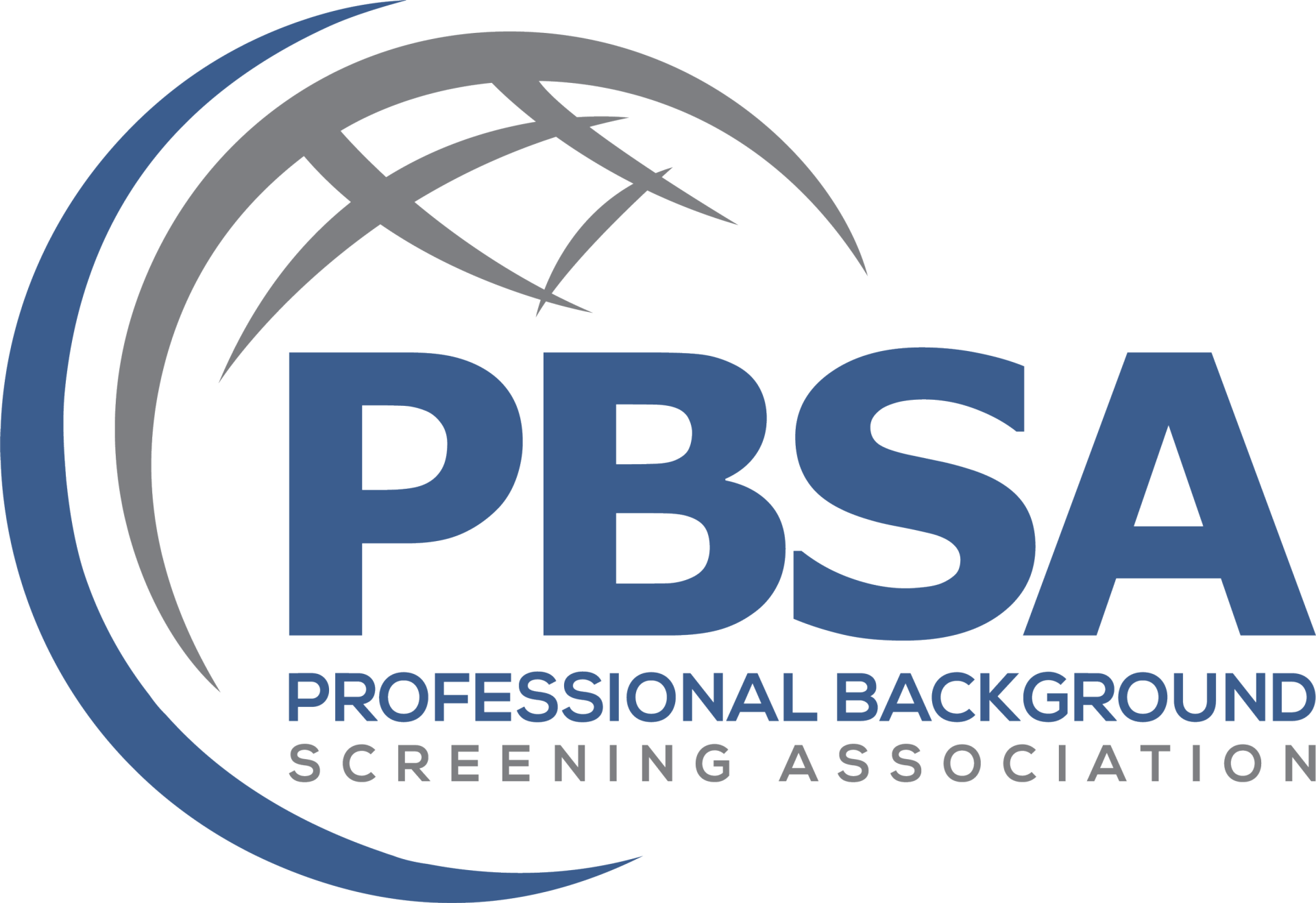4 Questions to Ask Yourself to Prevent Discrimination
No company wants to be discriminatory in its hiring practices, but it can happen inadvertently when policies and training may not have kept up with current requirements and best practices. Avoiding discrimination is more than the right thing to do, it can also protect your business from civil penalties of up to $300,000, low morale, reduced productivity, and untold damage to your company's reputation. Here are some questions to consider when evaluating your organization for discrimination.
1. Does your company policy mention anything about criminal history related to hiring decisions?
Federal, state, and local regulations affect what criminal background information may be collected and when and how it may be used in making any hiring decisions. These regulations have been changing frequently in recent years in many areas, so staying on top of the laws governing your locations is important for compliance.
2. When was the last time staff were trained on the latest policies and law changes?
Legal amendments, case law, and related legislation all have an effect on what characteristics receive protections against discrimination, including through the Equal Employment Opportunity Commission (EEOC) which generally has jurisdiction over employment discrimination issues through Title VII of the Civil Rights Act. For example, recent changes affect decisions related to legalized marijuana use and transgender status.
3. Is the information that you handle confidential and protected?
Potential, current, and former employees' personal information must be kept confidential for many reasons, including to prevent discrimination. This includes details about many protected class details such as age, marital status, health information, disability status, and other characteristics.
4. Does your hiring process avoid questions about protected information?
Employers are forbidden from asking about protected class information of job applicants, including race, religion, color, sex, national origin, gender, and age, except in very limited cases where a specific job-related requirement must be met.
At Employers Reference Source, Inc., we have solutions to simplify your hiring decisions, from background checks and verifications to I-9 compliance and drug screenings. Contact us today to take advantage of our wide range of services and expert team.










